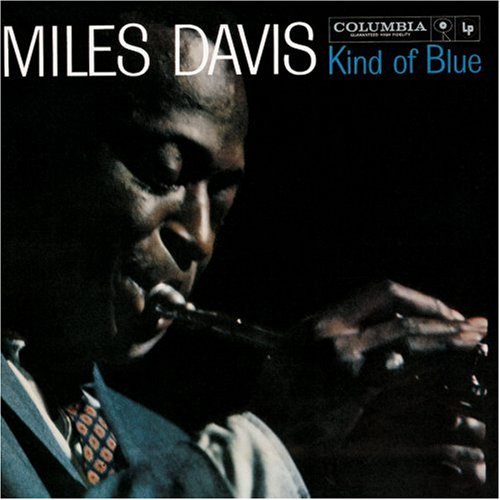
This is the one jazz record owned by people who don't listen to jazz, and with good reason. The band itself is extraordinary (proof of Miles Davis's masterful casting skills, if not of God's existence), listing John Coltrane and Julian "Cannonball" Adderley on saxophones, Bill Evans (or, on "Freddie Freeloader," Wynton Kelly) on piano, and the crack rhythm unit of Paul Chambers on bass and Jimmy Cobb on drums. Coltrane's astringency on tenor is counterpoised to Adderley's funky self on alto, with Davis moderating between them as Bill Evans conjures up a still lake of sound on which they walk. Meanwhile, the rhythm partnership of Cobb and Chambers is prepared to click off time until eternity. It was the key recording of what became modal jazz, a music free of the fixed harmonies and forms of pop songs. In Davis's men's hands it was a weightless music, but one that refused to fade into the background. In retrospect every note seems perfect, and each piece moves inexorably towards its destiny. --John Szwed

0 comments:
Post a Comment